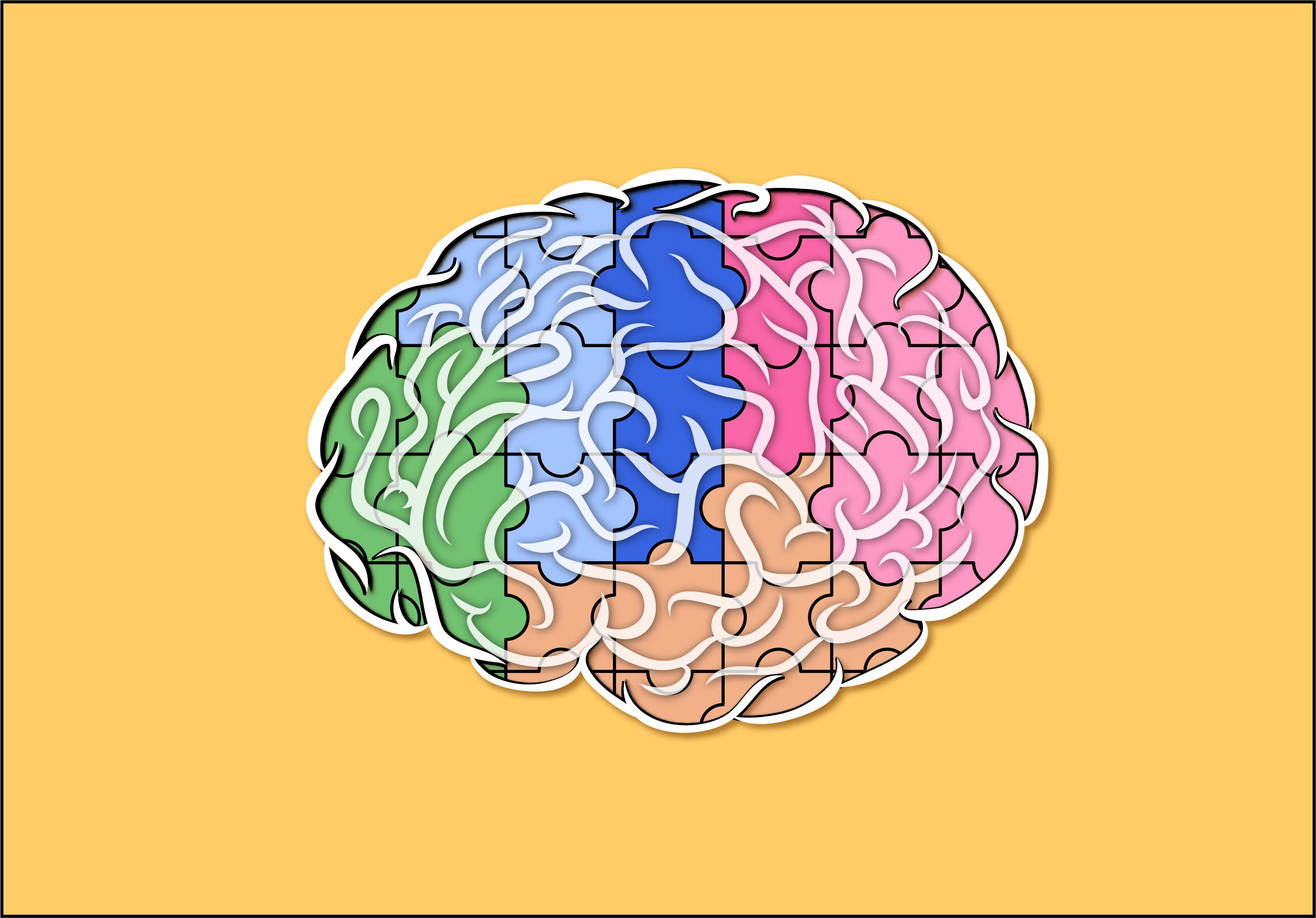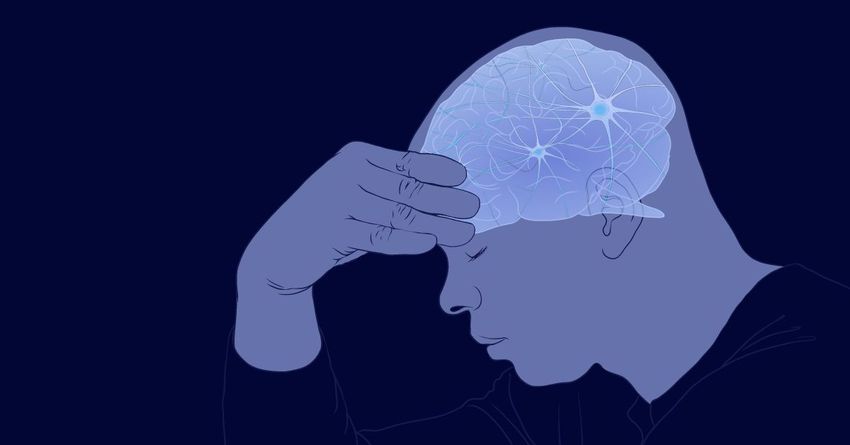If you've ever experienced déjí vu you know how confusing it is. It feels so familiar, yet there's no way that something could have happened already. Unless you are a time traveler, it makes no sense to experience things twice, especially when it always seems to be the most mundane situations.
How does it really happen? It can't possibly be witchcraft (or can it) so there has to be a reason right? Well, scientists have been trying to figure it out for years but it's not easy to do.

Déjí vu is experienced by a lot of people, approximately 70% of the population. It is most likely to happen to people who are between 15 and 25 years old. It's hard to test for déjí vu because you never really know how to spark it, causing the research to be limited, but there are some experimental studies that have been done. While it has been hard to come up with valid theories, they have a few that are promising.
Here are the theories that scientists have been working with...
1. Misdirection in the brain
Some scientists believe that your brain can occasionally send short-term memories directly into long-term memories, causing it to feel like the situation already happened. This switch would happen instantly so you wouldn't even notice it. It's almost as if the short-term memories managed to find a shortcut to get directly into the long-term memory.
2. Glitch in timing in the brain
Similar to the first theory, however instead of thinking of it as a shortcut, it would be more of a delay in processing that makes your memory pick up on things just a split second too late, making it feel like you've already experienced it.

3. Triggered familiarity
Some scientists claim that it's just because a similar thing happened before so it's triggering those same memories even though they aren't actually the same.
4. Dissociation
This would relate to a person's ability to be 'beside themselves' in their mind. The things that happen to you seem unreal and you temporarily lose contact with your emotions.
5. Brain running a 'self-diagnostic'
They suspect that your brain is just filling in the missing pieces with information your brain expects to have known. Scientists tried telling subjects words like pillows, bed, blankets, night, and then later asked them if they had heard 'sleep' and they all claimed they had heard it. Your brain will just try to fill in missing information so déjí vu might be one of these over corrections.
